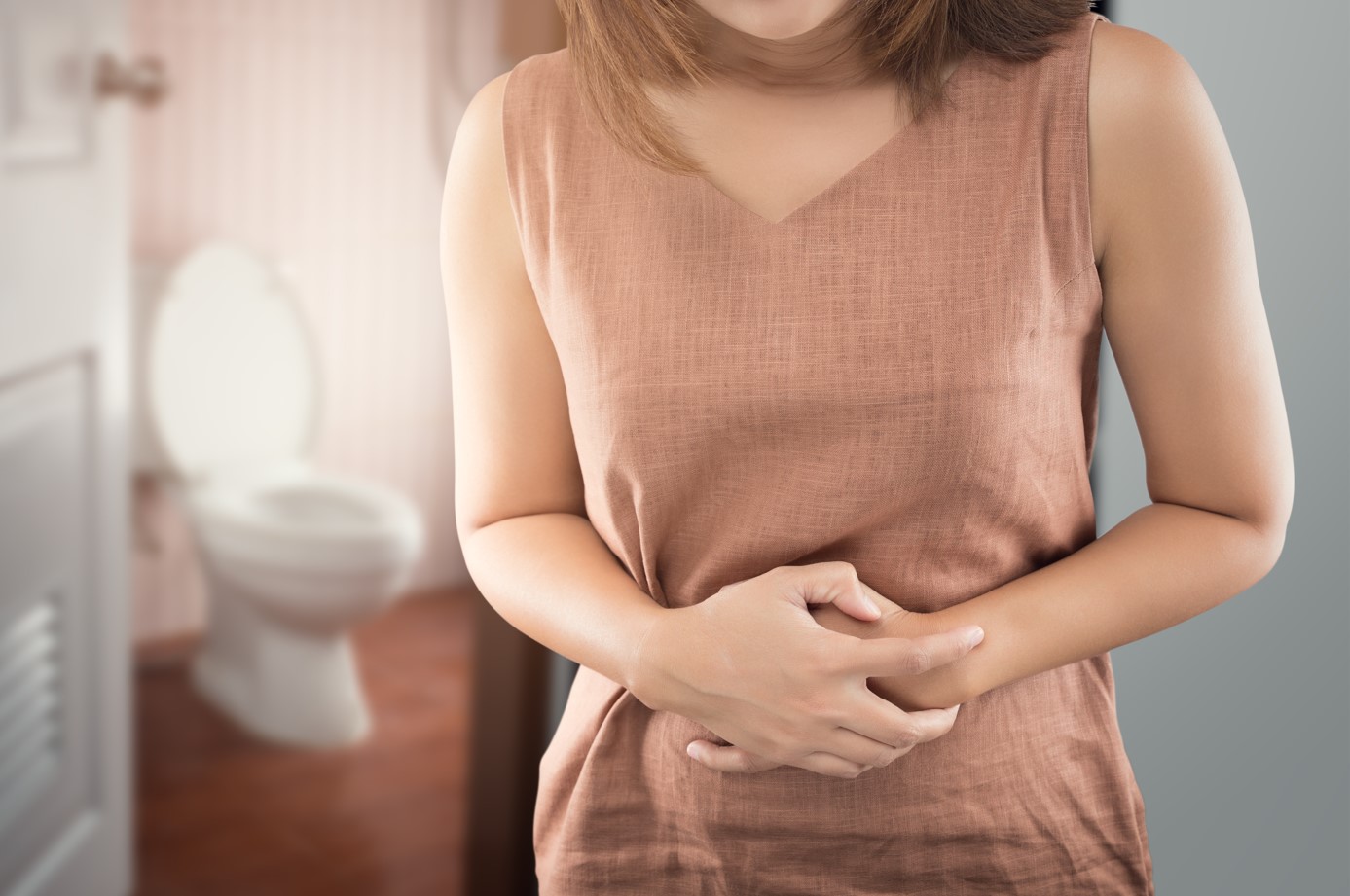Making a quick dash for the toilet? Find out more about diarrhoea and why our bodies sometimes just don’t function as well as we want them to.
What is diarrhoea?
Going to the toilet is a natural part of our everyday life – but sometimes the usual regular pattern of passing stools (faeces or poo) changes for some reason and we don’t always know why.
Diarrhoea is when your stools become looser or watery, or more frequent than normal. Typically, this means having the unpleasant experience of passing increased volumes or loose stools at least three times in a 24-hour period.
What causes diarrhoea?
Normally, food and the products of digestion pass through your small and large intestines where 99% of the fluids (which can be as much as 9-10 litres each day) are absorbed by your body – the remaining waste being excreted as faeces.
This means it only takes a small reduction in the amount of water your body absorbs, or increase in the fluids your digestive system produces, to leave you rushing to the toilet with diarrhoea.
There are lots of different things that can disrupt your various digestive processes and cause bouts of short lasting (acute) diarrhoea – the most common being an infection affecting your digestive system, such as gastroenteritis, which is often picked up from contaminated food or water.
When you travel overseas you have a 50% chance of having a travel-related illness – the most common of which is traveller’s diarrhoea. This infectious type of diarrhoea can be a particular problem when visiting underdeveloped or remote areas with poor sanitation and is usually a result of poorly prepared food or untreated water.
Other non-infectious reasons for diarrhoea can include changes to your diet, eating some food ingredients (such as sorbitol and mannitol), food intolerances or being stressed.
Diarrhoea can sometimes be a symptom of an ongoing problem and it’s important to talk to your doctor if you’re concerned or if you have frequent, ongoing or severe diarrhoea.
What other common symptoms can you have along with diarrhoea?
When you have diarrhoea, you may find you also experience other symptoms – these may vary depending on the cause of your diarrhoea and can include:
- Cramps or stomach pain
- Gas or bloating
- An urgent need to use the toilet
- Feeling sick or vomiting
- Loss of appetite
- A headache
- Dehydration
Who can get diarrhoea?
Anyone can get diarrhoea. It’s a common problem with most people having a bout of ‘the runs’ from time-to-time – but the good news is, although it can be distressing, the symptoms normally pass in a few days to a week.
However, diarrhoea can become a more serious problem in certain groups of people including, young children and older adults who can quickly become dehydrated.
How Gastro-Stop can help
Over-the-counter anti-diarrhoeal medications – like Gastro-Stop and Gastro-Stop Plus – can be used when you need symptom relief to get back to your normal daily activities.
- Gastro-Stop helps provide relief from the symptoms of diarrhoea in 1-3 hours
- Gastro-Stop Plus can provide relief from both diarrhoea PLUS associated abdominal cramps, bloating and gas

